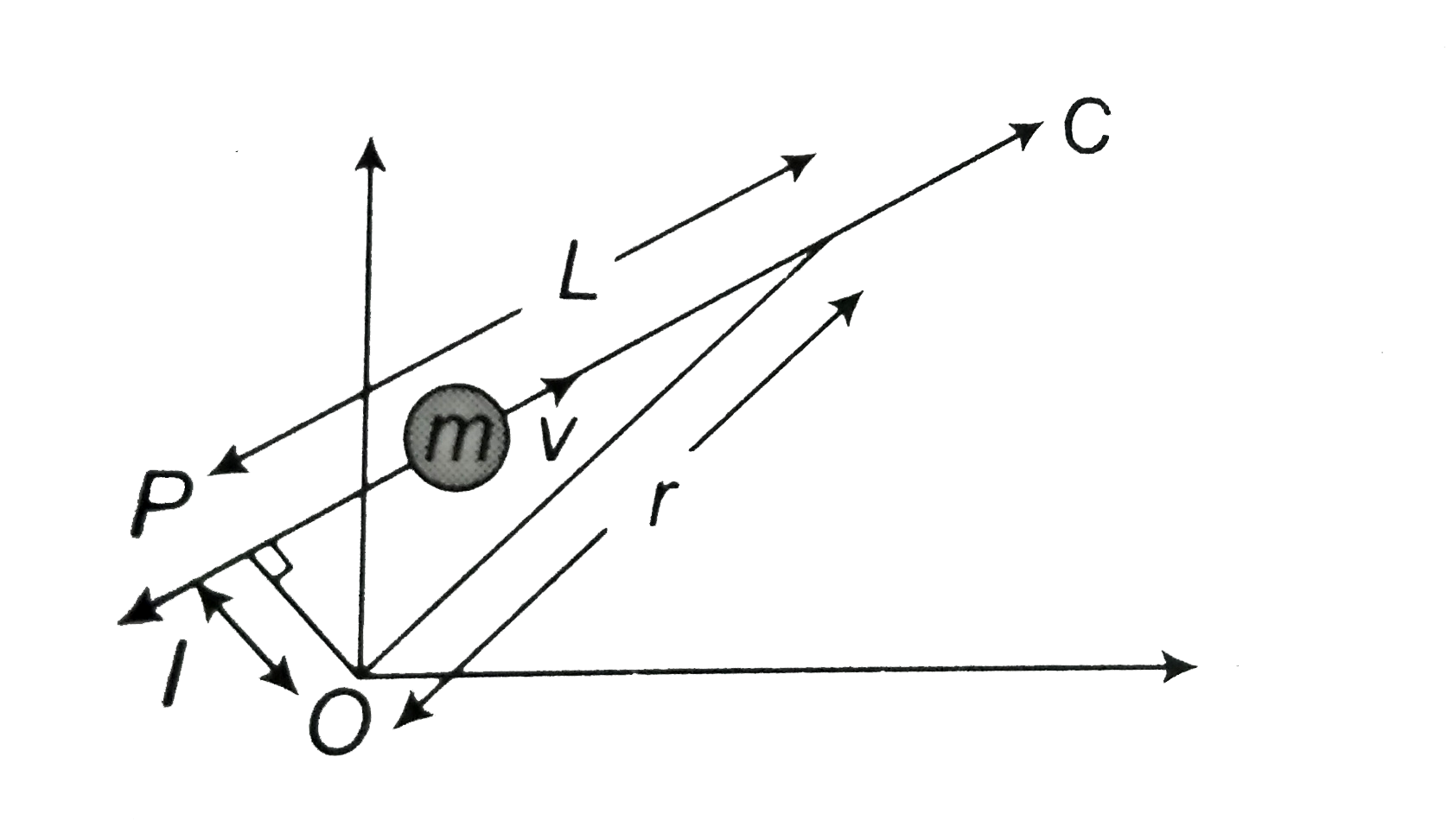The momentum of a particle of mass of m moving with a velocity v is p= mv. What is the rate of change of momentum ? Assume that m is constant .
To find the rate of change of momentum for a particle of mass m moving with a velocity v, we start with the definition of momentum:
1. Define Momentum:
p=mv
where p is momentum, m is mass, and v is velocity.
2. Rate of Change of Momentum:
The rate of change of momentum is given by the derivative of momentum with respect to time:
dpdt
3. Differentiate Momentum:
Since mass m is constant, we can differentiate p=mv with respect to time t:
dpdt=d(mv)dt
4. Apply the Product Rule:
Because m is constant, we can take it out of the derivative:
dpdt=mdvdt
5. Define Acceleration:
The term dvdt is the acceleration a:
a=dvdt
6. Final Expression for Force:
Therefore, we can express the rate of change of momentum as:
dpdt=ma
Thus, the rate of change of momentum is equal to the force acting on the particle, which can be summarized as:
Force=ma
p=mv
where p is momentum, m is mass, and v is velocity.
The rate of change of momentum is given by the derivative of momentum with respect to time:
dpdt
Since mass m is constant, we can differentiate p=mv with respect to time t:
dpdt=d(mv)dt
Because m is constant, we can take it out of the derivative:
dpdt=mdvdt
The term dvdt is the acceleration a:
a=dvdt
Therefore, we can express the rate of change of momentum as:
dpdt=ma
Force=ma
Topper's Solved these Questions
- VECTORS SCALARS ELEMENTARY CALCULUS Book:ICSEChapter:VECTORS SCALARS ELEMENTARY CALCULUS Exercise:CONCEPTUAL SHORT ANSWER QUESTIONS WITH ANSWERS
Explore 12 Videos
- VECTORS SCALARS ELEMENTARY CALCULUS Book:ICSEChapter:VECTORS SCALARS ELEMENTARY CALCULUS Exercise:LONG ANSWER QUESTIONS
Explore 5 Videos
- VECTORS SCALARS ELEMENTARY CALCULUS Book:ICSEChapter:VECTORS SCALARS ELEMENTARY CALCULUS Exercise:EXAMPLES
Explore 26 Videos
- UNITSBook:ICSEChapter:UNITSExercise:MODULE 3 (SELECTED PROBLEMS)
Explore 38 Videos
- WAVESBook:ICSEChapter:WAVESExercise:From Musical Sound
Explore 10 Videos
Similar Questions
Knowledge Check
The linear momentum of a body of mass m moving with velocity v is :
Av/mBm/vCmvD1/mv
The rate of change of angular momentum is called
View SolutionA particle of mass m moves along line PC with velocity v as shown. What is the angular momentum of the particle about O?

View SolutionA body of mass m moving with a velocity v is acted upon by a force. Write expression for change in momentum of the following case:
when v<<c
View SolutionA body of mass m moving with a velocity v is acted upon by a force. Write expression for change in momentum of the following case:
when v→c
View SolutionA particle of mass m is moving on a circular path of radius r with uniform speed v , rate of change of linear momentum is
View SolutionThe de - Broglie wavelength associated with the particle of mass m moving with velocity v is
View SolutionA body of mass 5 kg is moving with velocity 2 ms−1. Calculate its linear momentum.
View Solution